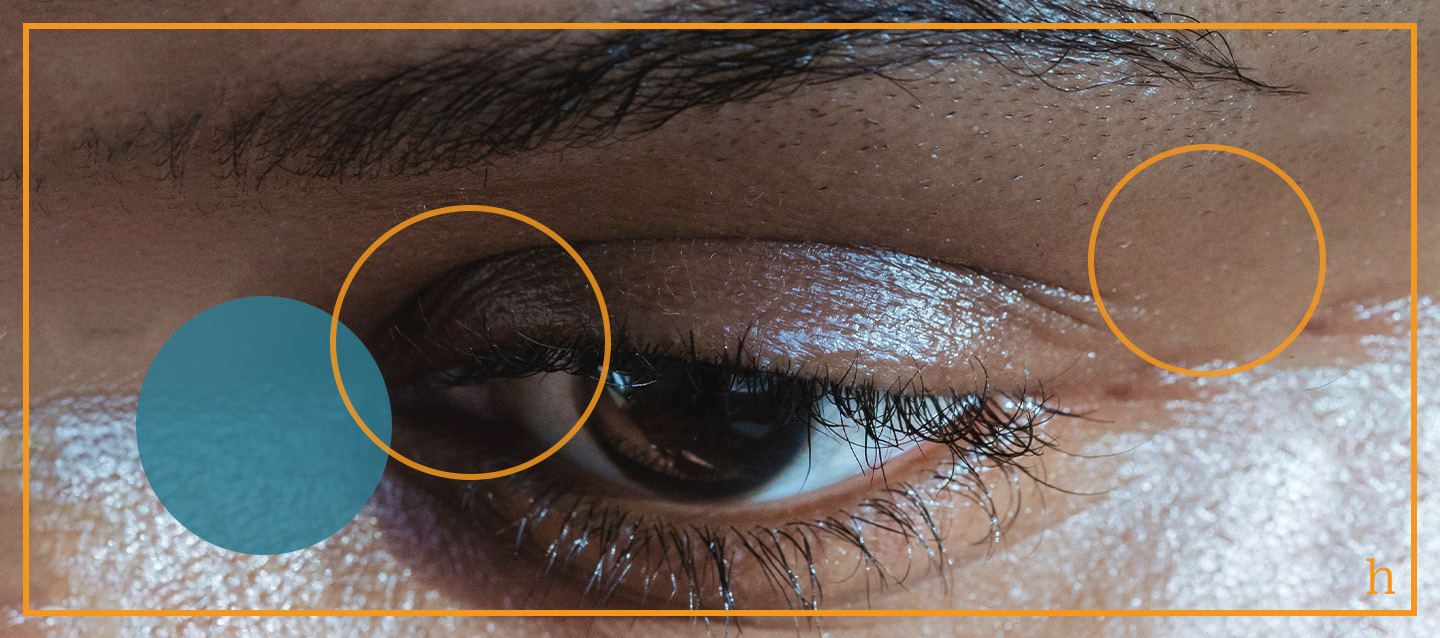Depression Therapy In New York
Depression can feel like a lodestone around your neck, dragging you deeper and deeper under.
It can feel like anger and irritability. Depression can blanket us in a fog of hopelessness and apathy that causes life to lose all its color and meaning.
If you find that your heavy, dark, apathetic days outnumber the lighter, brighter ones, and you feel like this is interfering with the life you want to have, then it may be time to reach out for depression therapy in New York.
Depression, clinically known as Major Depressive Disorder, is a mood disorder marked by low mood, lack of interest in formerly enjoyable things and activities, loss of motivation, difficulty making decisions, teary and/or irritable mood (often, but not always, gender dependent), and an overall lack of hope and positive outlook. When these symptoms persist for longer than two weeks, they become clinically significant and should be discussed with a depression therapist or medical professional In New York.
Depression is a heavy load to carry, but it does not have to be carried alone. We understand that asking for help can feel almost impossible. It’s not. We are here to make the process of getting quality mental health care and depression treatment in New York as easy and painless as possible.
Explore Expert Depression Treatment in New York for a Brighter Future
We know that not everyone wants to talk about their feelings; there are more ways to address depression with therapy in New York than by discussing sadness. Talk therapies such as Cognitive Behavioral Therapy (CBT), Acceptance and Commitment Therapy (ACT), and Existential Therapy all have well-reviewed histories for the treatment of depression. Additionally depression treatment in New York like, both Eye Movement Desensitization and Reprocessing (EMDR) and Ketamine Assisted Therapy (KAP) have shown promising results in helping folks struggling with depression in their journey of recovery. Bottom line: with the guidance of a trained depression therapist in New York, change is possible.
Get the support you need from one of our licensed depression therapists in New York.
Not finding the right therapist? book a free consult with our intake team and we'll help you find your perfect match.











